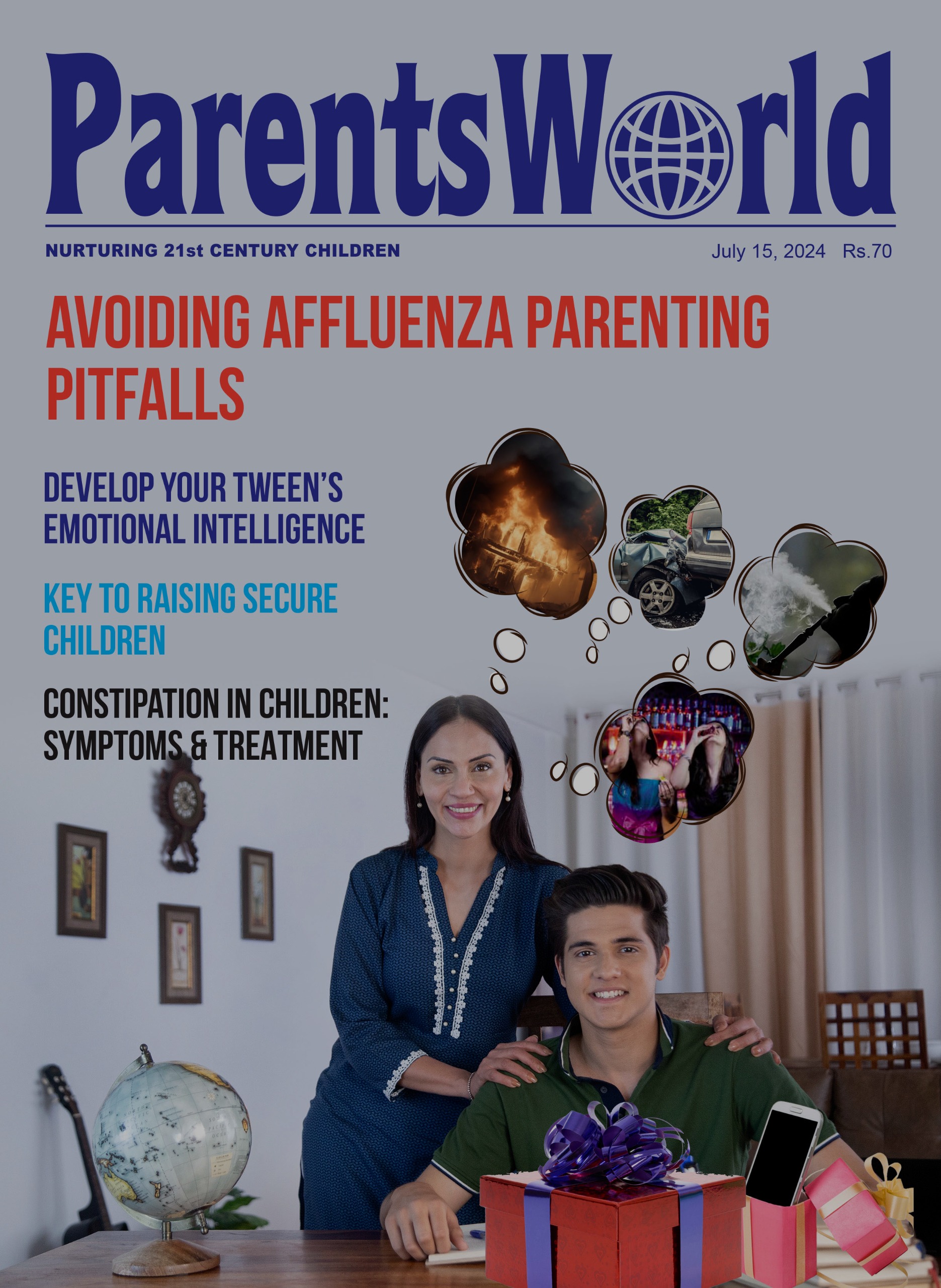With its high quality faculty comprising a plethora of nobel prize winners and its needs-blind admissions policy, yale attracts the world’s brightest and best students
At the apex of America’s much admired higher education system are the three Ivy League colleges — Harvard, Princeton and Yale. Of these Yale University is relatively low profile, but perhaps the most prestigious. Ranked third in the 2006 ratings of America’s best colleges by the US News and World Report, Yale is internationally reputed for its excellent undergraduate liberal arts education and graduate curriculum. The university’s assets include a $15.2 billion endowment (the second largest among academic institutions worldwide) and a library which houses a mind-boggling 11 million volumes. With a highly qualified faculty of 3,200 comprising a plethora of Nobel prize winners, Field medallists and Pulitzer prize winners, Yale has an enrollment of 5,200 undergraduate and 6,000 graduate students pursuing a wide range of disciplines including the arts, the sciences, humanities, engineering and social sciences.
Founded in 1701 as the Collegiate School in the home of Abraham Pierson, its first rector, in Killingworth, Connecticut, Yale is the third oldest academic institution in the US. In 1716 the school moved to New Haven following the generous endowment of nine bales of goods, 417 books, and a portrait and coat of arms of King George I by Elihu Yale, former governor of the Madras Presidency who made his fortune in the spices business. In 1718, the Collegiate School was renamed Yale College.
During Yale’s magnum tercentennial celebration in 2001, president Richard C. Levin summarised the university’s institutional goals: “As we look to the future, Yale remains committed to undergraduate education and a determination to educate leaders. Leaders of the 21st century will operate in a global environment. Therefore, Yale’s curriculum is increasing its focus on international concerns and having strong international representation among our student population.”
New Haven. The third largest city in the state of Connecticut, New Haven is characterised by low buildings, tree-lined avenues and pockets of stores and restaurants. A habitation which prides itself on its Yale connection, local education and cultural centres, offices and businesses proudly employ students for part-time work, social service projects and internships. The downtown area, where the university is located, has numerous restaurants, cafes, stores, banks, offices, boutiques and a variety of small retail shops easily accessible by foot. For a ‘Yalie’, New Haven offers the resources of a large city with a stimulating local environment and a close-knit community.
The city’s best-known geographic features are its large harbour, and two reddish basalt ‘trap rocks’ which rise to the northeast and northwest of the city centre. These trap rocks are known respectively as East Rock and West Rock, and are each housed in extensive parks.
Campus resources. Yale’s 310 acre campus is a network of grassy courtyards surrounded by aesthetic structures which offer top-grade state-of-the-art educational and co-curricular facilities. Itslibrary is the seventh largest research library worldwide with its complement of 11 million books, 66,867 serial subscriptions and 284,336 e-books. The university library apart, Yale is home to over 40 departmental and professional school libraries, as well as libraries in each of the 12 residential colleges. Yale University’s arts and humanities faculties host the Yale University Art Gallery, The Peabody Museum of Natural History and the Yale Centre for British Art.
Extra-curricular facilities include the Payne Whitney Gymnasium where 12 acres are devoted to sports and fitness infrastructure. An ice skating rink, tennis courts, riding facilities, softball and soccer fields, a yacht club, and a championship golf course are a few of the sports facilities open to Yale students. The university also maintains an Outdoor Education Centre, and the Yale Office of Outdoor Education and Club Sports sponsors numerous intramural and club sports which complement sports programmes such as crew, soccer, squash, and ice hockey. Moreover there are over 240 student clubs and organisations on campus.
Admission. For the 1,300 university seats offered annually, the Yale College Admissions Committee has to choose from over 20,000 applicants. During its deliberations, the admissions committee gives weightage to “academic ability and achievement combined with such personal characteristics as motiv-ation, curiosity, energy and leadership ability”. Its ‘needs-blind’ admissions policy extends to international students and ensures that the college will be accessible to candidates from any part of the world who show academic and personal promise.
Students whose native language is not English are required to write the Test of English as a Foreign Language (TOEFL) or the SAT II Writing Test and score a minimum of 600 and 250 respectively. For admission into Yale it is also mandatory to submit Scholastic Assessment Test (SAT I) and any three SAT III Subject Tests’ scores. SAT I and SAT III exams are conducted in all major cities of the world. For further information visit www.collegeboard.com.
Applications must reach the Yale Admissions Committee by December 31 for the term starting in September of the following year. Application forms can be obtained from the Office of Undergraduate Admissions, P.O. Box 208234, New Haven, Connecticut 06520; e-mail: undergraduate.admissions@ yale.edu; website: www.yale.edu/admit. Students can apply online at app.commonapp.org.
Accommodation. Yale University comprises 12 residential colleges sited on its scenic campus in New Haven. All undergraduates are affiliated to one of the dozen colleges and each hall of residence has its own dean and master. All colleges offer a library, seminar rooms, dining, lounges, laundry facilities, recreation rooms, kitchens, exercise and computer rooms. Moreover the colleges complement the undergraduate curriculum by arranging lectures by poets, playwrights, businessmen and people in government.
Full-time graduate students have the option of living in university owned apartments or in dormitories on campus.
Degree programmes. A defining characteristic of Yale University is the large number of undergraduate courses it offers — more than 2,000 — and its commitment to liberal education which “prepares students for an unpredictable future, not by training them for particular careers, but by teaching them how to learn”.
At the undergraduate level Yale does not offer professional programmes in agriculture, medicine, dentistry or other technical and vocational fields. However, Yale University has ten professional schools for postgrad students (art, architecture, divinity, drama, medicine, nursing, music, forestry and environmental studies, law and management) and a Graduate School of Arts and Sciences.
Scholastic options at Yale
Yale University comprises three major academic components: Yale College (the undergraduate programme), the Graduate School of Arts and Sciences, and ten professional schools (art, architecture, divinity, drama, medicine, nursing, music, forestry and environmental studies, law and management).
Among the majors offered at the undergraduate level by Yale College and the Graduate School of Arts and Sciences are: accounting, African studies, agrarian studies, American studies, anthropology, applied mathematics, applied physics, archaeological studies, architecture, art, astronomy, biological & biomedical sciences, cellular & molecular physiology, chemistry, computer science & mathematics, history, economics, environment, French, genetics, geology, international & developmental economics, Islamic studies, linguistics, literature, management, mathematics & philosophy, microbiology, music, neurobiology, pharmacology, physics, political science, psychology, public health, epidemiology and religious studies, sociology, Spanish, statistics, theater studies, women’s, gender, & sexuality studies.
Tuition and fees (per year): $31,460 Room/ board (per year): $9,540
NB $ = Rs.46
Summiya Yasmeen
























